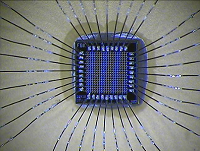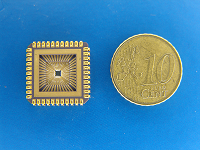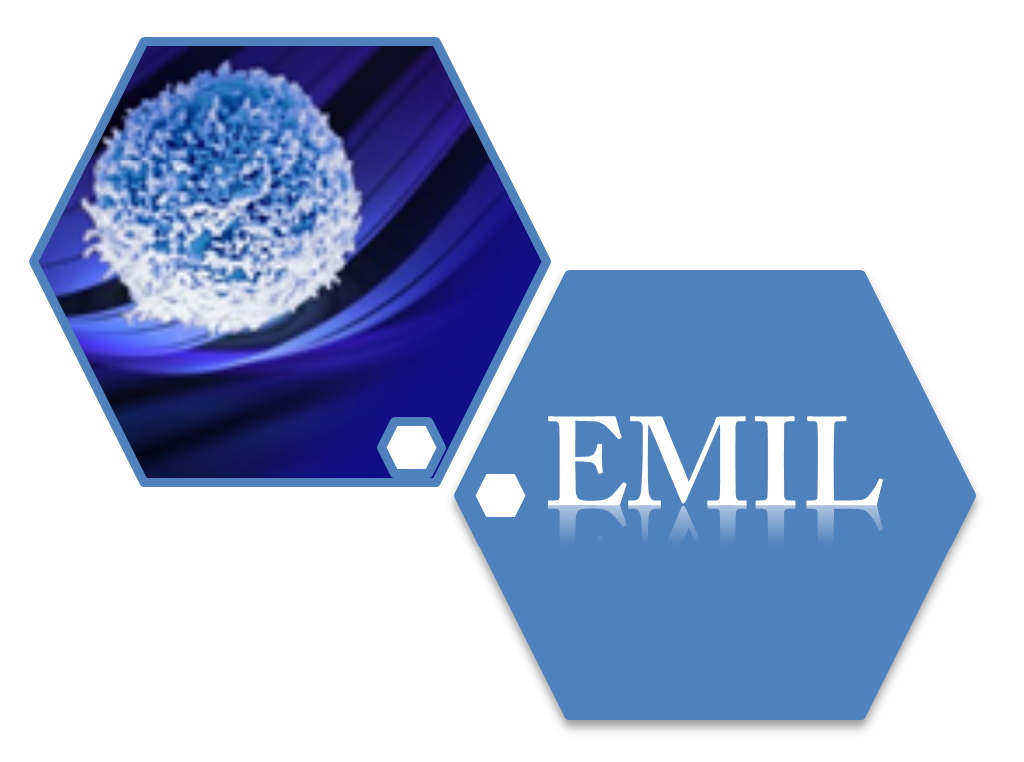The role of an early recognition of pathologies, in order to start successful therapies, is nowadays more and more emphasized. Substantial efforts are currently being made towards the development of innovative techniques for early diagnosis. One of the promising techniques, especially for skin melanoma, is based on the use of optical diagnostic tools and on the potential new information provided by the light emitted, elastically or inelastically, by cells and tissues after suitable illumination. Some recent results have shown the possibility of using the DL as a diagnostic tool in the field of optical biopsy or of multi-dimensional diagnostics.
Following such indications we decided to start developing SPAD (Single Photon Avalanche Diode) detectors in collaboration with Fondazione Bruno Kesler (FBK), Trento, Italy.
The SPAD is basically a pn junction operating in Geiger mode at low voltage (30 V) and fabricated in silicon planar technology. In reverse bias mode, it is capable of remaining quiescent above the breakdown voltage until a photon is absorbed in the depletion volume. At this bias, the electric field is so high that a single charge carrier injected in the depletion layer can trigger a self-sustaining avalanche with subnanosecond risetime. SPADs seem to be very promising devices for photon detection, as in the near future they are also going to be integrated into arrays. In this frame we have studied and characterized SPAD devices and have contributed to their development carried out by STMicrolectronics. After developing and testing single channels and small arrays, we are now studying the behaviour of arrays of SPADs, both 1D and 2D, to be read out either as individual channels or in common as Silicon PhotoMultiplier.




